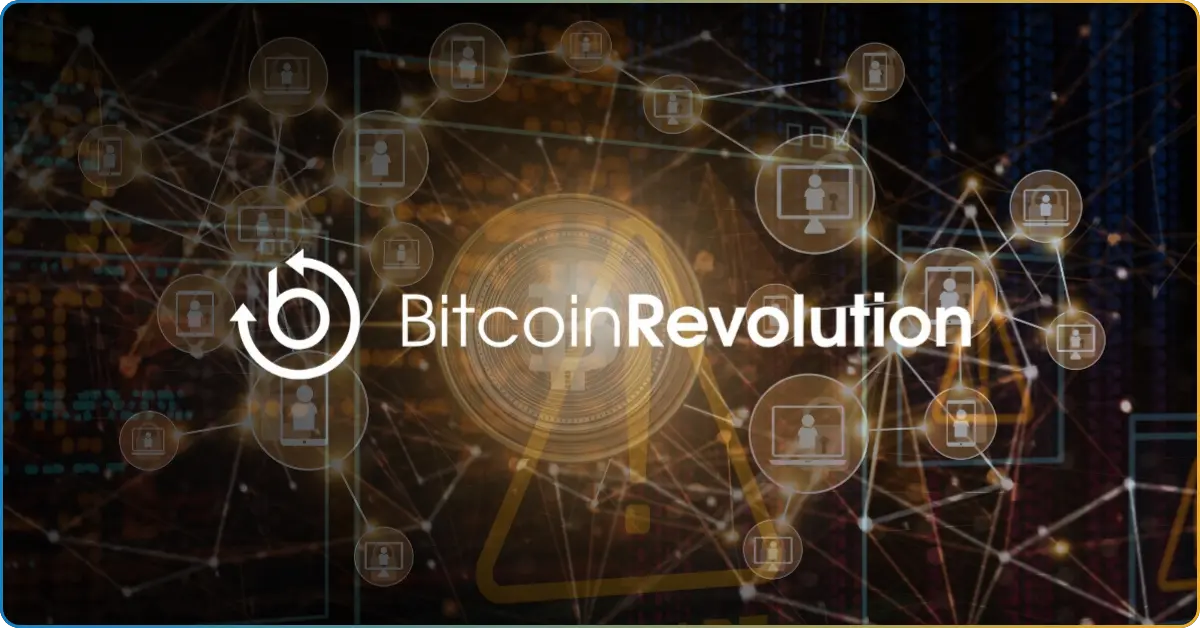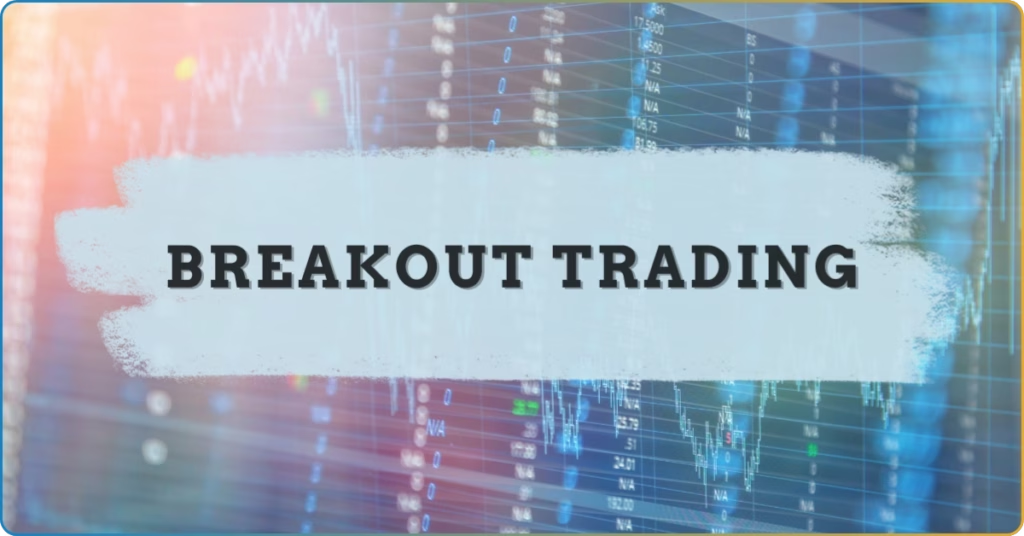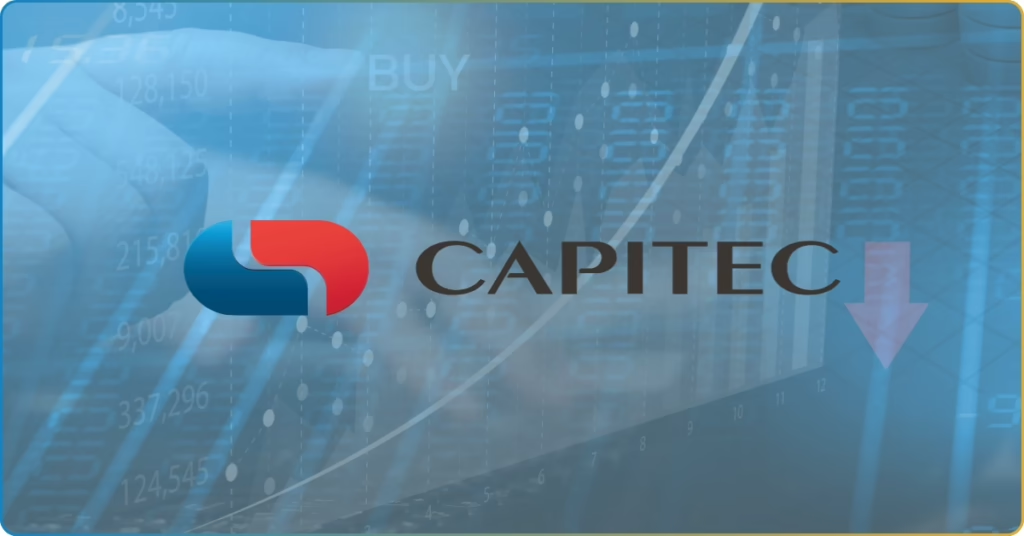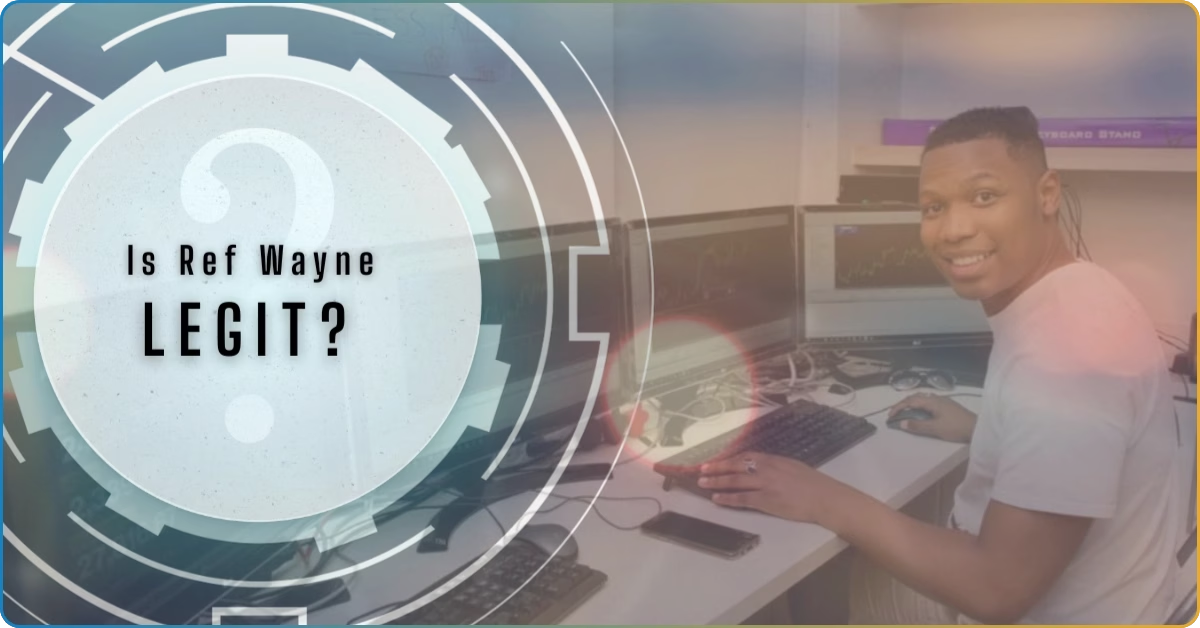Investment scams have been luring in the financial markets for decades now.
Despite its long history, the risks of these scams have not been overcome. They still reign as the utmost risks in the financial markets.
The formula for success is simple – look for a country with low financial literacy, lure the public with a get-reach-quick scheme, and see them take the bait.
One popular investment scheme worldwide is the Bitcoin Revolution (also known as Bitcoin Evolution and Bitcoin Trader).
With its promise of almost 300% daily return from a minimum deposit of USD 250, this crypto investment Ponzi scheme successfully defrauded thousands of investors. Adding to the appeal were the little-to-no risk and claimed celebrity endorsements.
Want to know the escalation of the Bitcoin Revolution scam? This TRU Insight walks through the development of Bitcoin Revolution scam and the scheme’s red flags to protect yourself from the likes of them.
What Is Bitcoin Revolution?
The Bitcoin Revolution (domain of http://the-bitcoinrevolution.com/) started to make rounds in the financial markets in late 2019 to early 2021.
At first glance, it offers investment benefits that could make the “rag-to-riches” dream of every struggling individual come true.
For a minimum deposit of as low as USD 250, an investor could allegedly earn a daily return of 300% – a minimum of USD 750 daily. One can also scale the return – the bigger the deposit, the bigger the daily return.
Added to the appeal were the endorsement materials and the promise of little-to-no investment risk.
The operator of this Ponzi scheme marketed the Bitcoin Revolution as an easy investment product. For as little as 20 minutes of work, an investor could enjoy daily returns, which could reach up to 9000% or USD 22,500.
Related: What Is Investment Ponzi Scheme: South Africa Financial Terrorist: What Happened to Bitcoin Revolution Scam in South Africa?This promise was backed by its algo trading system through its own crypto bot. According to its marketing materials, Bitcoin Revolution’s crypto trading bot boasts a success rate of 99% per transaction.
Additionally, the names of notable celebrities were also used to endorse the Ponzi scheme to the public. This includes politicians like South African President Cyril Ramaphosa, multi-billionaire Bill Gates, and many influential celebrities in different countries.

However, the hopes of investors were left crashed when its Ponzi scheme operation was exposed, leading to its gradual collapse.
Is Bitcoin Revolution the Same as Bitcoin Evolution and Bitcoin Traders?
Yes, the Australian Securities and Investments Commission (ASIC) and the Department of Finance (DOF) of the Philippines confirmed that the Bitcoin Evolution and Bitcoin Traders are simply the string of the Bitcoin Revolution – aimed to sustain its fraud activities if the Bitcoin Revolution collapses.
Rebranding is a common strategy among Ponzi scheme operators – trying to sustain the company’s scam operation and migrate the still-believers into an unflagged name.
The Red Flags of Bitcoin Revolution
ASIC warned the public about Bitcoin Revolution, saying that the company had checked all the red flags of a potential Ponzi Scheme.
To keep safe from Ponzi Schemes in the financial markets, here are the common red flags you need to watch out for. Learn how to effectively spot them to stay clear with the likes of Bitcoin Revolution.
Unregulated Financial Product
Several regulatory bodies had warned the public about the unlicensed operation of Bitcoin Revolution.
According to the Australian Securities and Investments Commission (ASIC), the financial service provider has been soliciting investments from investors within the Australian borders.
Additionally, the Securities and Exchange Commission (SEC) of the Philippines released multiple public warnings regarding the scam operations of Bitcoin Revolution and how it’s targeting Filipino citizens.
The financial products regulator should be among the foremost considerations of investors when choosing the instrument to invest in. With no regulation, the investor was left unprotected in any case of dispute or scam.
Unrealistic Returns from Algo Trading
Ponzi scheme operations thrive on the desperation of investors to grow their capital. By simply targeting countries with wealth inequalities, these operators run wild with their promises of quick, guaranteed, and big investment returns.
Coupled with the inevitable low level of financial literacy, unsuspecting investors flocked into these get-rich-quick schemes with the hope of securing a better financial future.
The same goes for the victims of Bitcoin Revolution. By promising a staggering 300% ROI from an initial investment as low as USD 250, investors across the globe celebrated and eventually joined the once-deemed investment opportunity.
However, spotting this red flag became harder as the operator became sophisticated enough to deceive its victims.
Various marketing materials from Bitcoin Revolution revealed endorsements from various influential celebrities and personalities. Notably, the Ponzi scheme used the names of the SA President Cyril Ramaphosa and multi-billionaire Bill Gates.
To add to the impression of credibility, various fake testimonies from “turned-multi-millionaires” members of Bitcoin Revolution were published by the operator.
Malicious Marketing Technique
A legitimate investment service provider never encourages the public to participate in online trading.
However, Ponzi schemes (or trading scams in general) market and endorse their investment services aggressively. They often make pushy sale tactics, including continuous contact, scaling promises, and quick, too-good-to-be-true deals.
Read more: How Fraud Brokers Use Social Media to Scam Traders: What Happened to Bitcoin Revolution Scam in South Africa?For Bitcoin Revolution, the company maliciously used the names of influential personalities to create an impression of credibility.
Through its unethical sales tactics, Bitcoin Revolution dealt with various regulatory warnings from the following authorities:
- Australian Securities and Investments Commission (ASIC) warned the public about Bitcoin Revolution’s fake endorsement.
- The Department of Finance (DOF) of the Philippines warned the public about the unlicensed services of Bitcoin Revolution, even affirming its Ponzi scheme operation.
- The Malta Financial Services Authority (MFSA), a global financial watchdog, warned the public about the global penetration of Bitcoin Revolution.
Unnecessary Rebranding
It’s common for companies to rebrand, especially their design elements and logo.
However, it’s different for the brand names as it carries the familiarity of the public and regulators toward the company.
Bitcoin Revolution had undergone various name rebranding to continue its scam operations while avoiding the regulators’ surveillance.
Bitcoin Revolution went by various names, popularly as:
- Bitcoin Evolution
- Bitcoin Trader
Manipulated Trading Data
According to several members’ reports, the Bitcoin Revolution platform mirrors the usual trading platform.
The platform had a market watch, buy/sell button, chart, and order lists.
However, the market shown on the platform was eventually revealed to be fake due to the evident inconsistencies relative to the live market.
Bitcoin Revolution Spans the Globe
Bitcoin Revolution became a controversial buzzword in the Philippines’ financial markets as it successfully penetrated the Filipino border. However, the Ponzi scheme operator doesn’t stop there – in fact, it defrauded the South African public as well.
With Bitcoin Revolution South Africa, the South African public was presented with guaranteed and easy investment returns for a minimum deposit of USD 250.
The Ponzi scheme operator used an advanced software (called deepfake) to make a fake live advertisement from notable South African personalities, including:
- President Cyril Ramaphosa
- Mining billionaire Patrice Motsepe
- Late Politician and Activist Pravin Gordhan
- Rugy Athlete Naas Botha
- Actor Trevor Noah
Additionally, several positive reviews emerged on the internet to promote the financial service of Bitcoin Revolution. However, such promotional pieces of content were revealed to be paid for as they were fake.

















